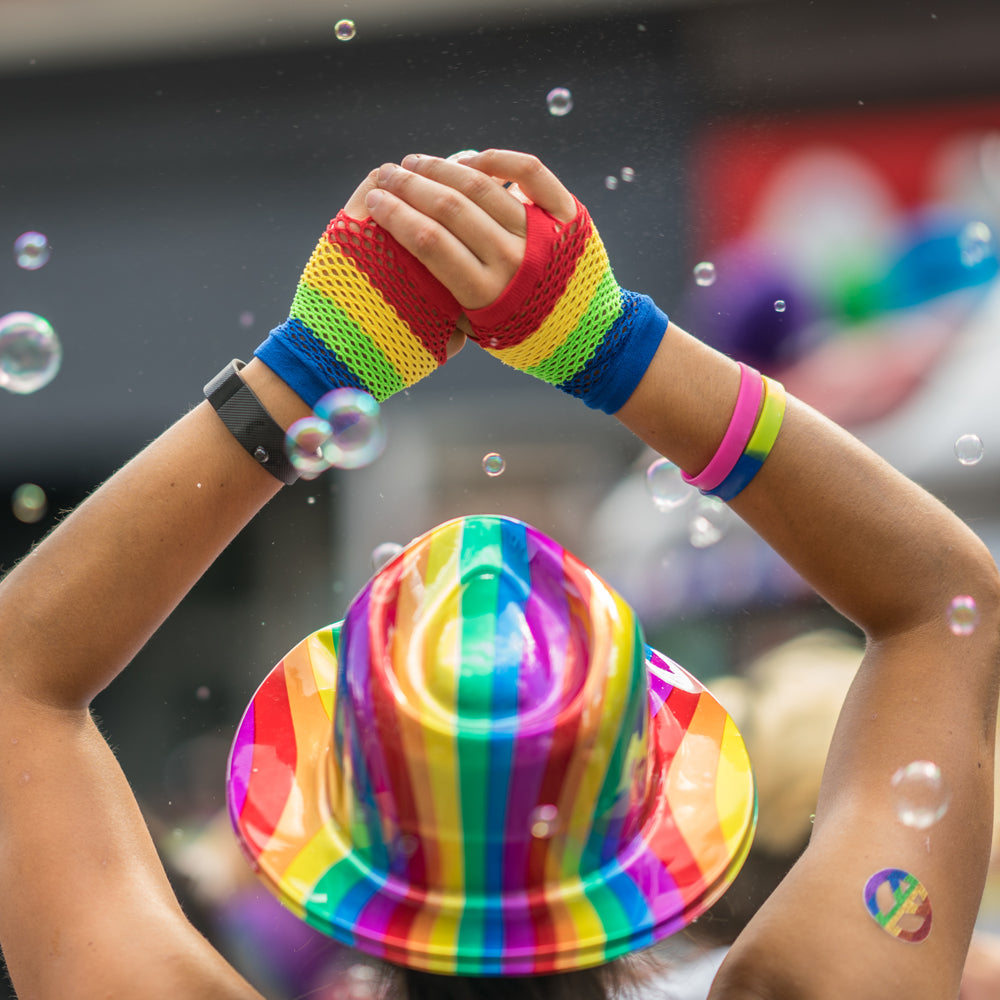Article Detail
19 Aug
This week, Britain celebrated one of its first same-sex Muslim marriages. Jahed Choudhury, 24 – who identifies as both gay and Muslim – married his partner in an Islamic ceremony, even though his family refused to attend. As a gay person raised Muslim, I was thrilled to read of this news (and was inspired by Choudhury’s bravery). In Islamic teachings, I was taught from a young age to constantly chart all my sins, and was forced to imagine myself in the pits of hell for all my transgressions. Homosexual desire was of course a one-way-express ticket to fiery torture.
And if I, like Choudhury, ceremonially married a man, would not see my family there. Muslim social conduct would stop most of them from coming. When my parents discovered I was gay – through pornography no less – they were distraught, our relationship fell apart, and they did everything they could to "stop it." This included throwing away all my colorful clothes, which I was emotionally very attached to. But this felt much more to do with their cultural association with Islam – their fear of what relatives would think – rather than anything to do with Islamic scripture. While many practicing Muslims reject homosexuality, the intersection of queer identity and faith is a reality for many of us. I now characterize myself as an "agnostic Muslim." I don't follow scripture or practice, but in many facets of my life – whether in my drag family, my spiritual connection to the world, or just instilled moral values – I think I hold deep some Islamic principles (even a connection to Allah). And this connection sits separate to the "Muslim" communities that I'm no longer accepted in.
As we have become more celebratory of sexual and gender autonomy in Western faiths, we need to do the same for Muslims; many of whom identify as queer and have a spiritual relationship with Allah, regardless of cultural conflicts. And so I commend Choudhury and his partner Sean Rogan for demonstrating that the different facets of their identities are not irreconcilable. I hope this persuades non-Muslims and Muslims everywhere that being a queer person of faith is a happy possibility.



